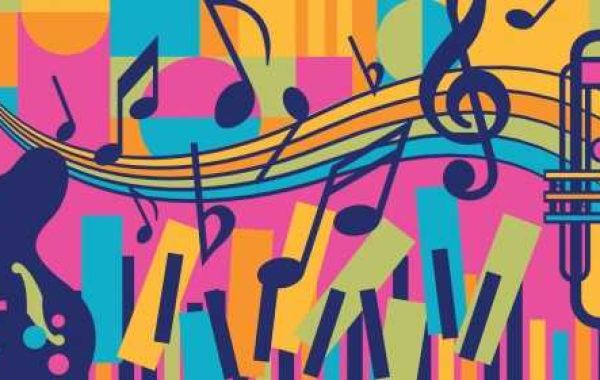Therefore, music is a language that is understandable for all individuals regardless of their sociocultural identification. However, music is also a tool of social transformation that can be a megaphone of social ideas. The most demonstrative musical genre that provokes a social dialogue and uncovers the social problems is jazz. The concert “The Humanity Project: A Jazz Suite” appeals to the problem of violence in the modern society and aims to improve the social situation with the help of the performance.
In this memo format essay you will find out about the concert that took place on the 10th of October in Kimbrough Concert Hall. The composer of this performance is Alison Poteracke, a young musician who has her own view on creating jazz masterpieces. WSU Jazz Big Band I and guest soloists, such as flutist Elaine Martir, clarinetist Jacob Ward, and vocalist Kiya Fife, assisted Poteracke in the realization of her sociocultural event. The analyzed musical performance lasted for 2 hours. The concert is divided into 6 movements, namely 6 musical pieces that cover different controversial social topics: “Window Panes Left in Aleppo”, “Empty Graves on Sunday”, “Hate Crimes in New Harlow”, “Love is Love is Love”, “She Persisted”, “Black Lives Matter”. These movements appear as different stories with the names that reveal the layers of social violence in the global community. They appealed to the terrifying war in Syria and its impact on local people, the terrorist attack on Turkish wedding in 2016, the act of violence towards Polish people in the Great Britain in 2016, a mass shooting in Pulse gay club, etc.
The atmosphere of the performance was lofty and, at the same time strained, because of the seriousness of the announced topic, which is violence around us. Thus, music is applied as a social tool to evoke a dialogue to make the world more peaceful and the relationships between people harmonious. In addition, this concert was a performance as an artistic genre because it aimed to involve the audience in the process of collective creating of the shared meanings. Even though the theme of the concert was not comic and light, all people wanted to become a part of it expressing solidarity and readiness to personal transformation. Moreover, not all compositions performed during the concert were instrumental. The fifth movement includes the lyrics written by the composer. They express the hope that one day the social order will embody the ideals of equality, freedom, and tolerance. Moreover, it encourages the audience to make efforts to approach to such future.
The musical cast consisted of a pianist, a drummer, saxophonists, trumpet players, trombonists, and a vibes player. They played in a cheerful and, at the same time, serious way. Their music makes the audience recall the origins of jazz and the imperfection of the society as well as the necessity to state the personal position and fight for the human rights and dreams of improvement of life. I felt inspired, proud, and honored. Moreover, I experienced solidarity with the musicians and the audience and was ready to act. Due to such unforgettable feelings of solidarity, shared destiny and common dreams, I would recommend my friends to visit this performance, which is more than just a concert. It is an event with a social meaning, which can consolidate the audience.
To conclude, the analyzed jazz concert is an illustrative example of how music can be an instrument of social transformation. It inspires people to become more tolerant, to be aware of cruelty and violence, and strive for social changes. In addition, the composer with the help of the touching lyrics bounds the audience creating an atmosphere of shared meanings. Therefore, such a concert is also an important social event accompanied by a beautiful music.






